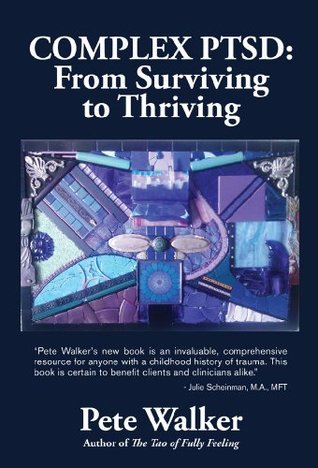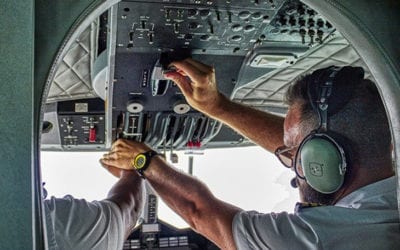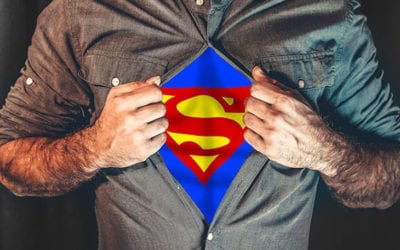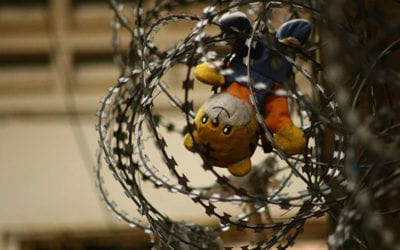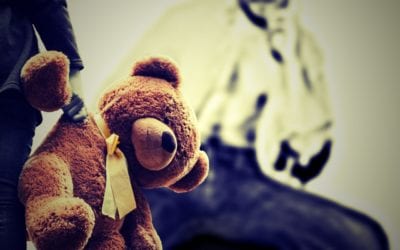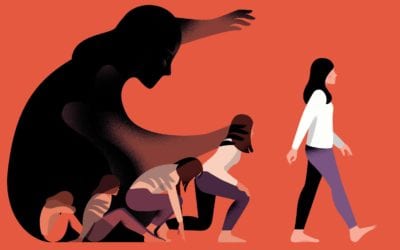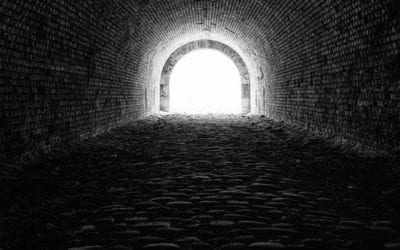Healing from ACEs
There are many paths to healingRead about methods, explore survivor stories, find mental health professionals, and learn how to progress further on your own journey toward healing.
Read more about ACEs
One of the most common questions people ask after learning about the Adverse Childhood Experiences study is, “how can childhood events have such profound, diverse effects, decades later?”
The answers to that question are complex but start with the way harm is done directly to body systems by chronic stress and the changes the toxic stress does to the brain and most basic emotional processing.
Our bodies develop to respond to stress in ways that favor short-term survival over long-term survival. This response makes sense; if you can’t survive a situation that poses an immediate, life-threatening emergency, long-term survival is irrelevant.
“This is an absolutely fascinating and clearly written book by one of the nation’s most experienced physicians in the field of emotional trauma. The Body Keeps the Score helps us understand how life experiences play out in the function and the malfunction of our bodies, years later.”
—Vincent J. Felitti, M.D., chief of preventative medicine, emeritus, Kaiser Permanente San Diego; co-principal investigator, ACE study
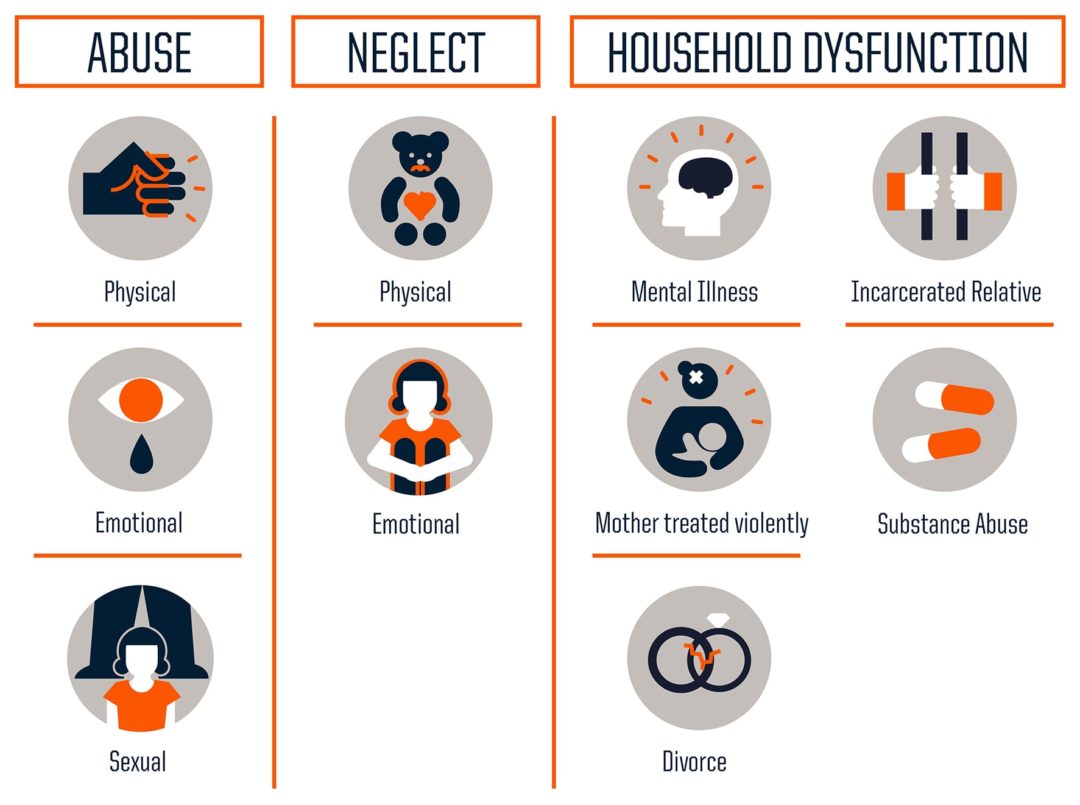
The ten traumas identified in the Adverse Childhood Experiences Study [see panel] are so profound that they cause children to have ongoing fear for their lives and safety. That causes a stress response that is helpful in the short term but not in the long term.
These chronic stress responses can change how a child’s circulatory system, nervous system, respiratory system, endocrine system, and immune system develop. Even when people with high ACE scores don’t engage in other high-risk activities, their risks of dying prematurely from diseases like cancer, heart disease, diabetes, and COPD are higher.
However, many people with high ACE scores also engage in high-risk activities, thus further increasing adverse health outcomes.
Chronic stress in childhood is likely to cause a child’s brain to develop to be ready for more chronic stress. Children are more likely to view the world as a terrifying place. Depending on the child’s trauma, they may develop Post Traumatic Stress Disorder (PTSD), Attention Deficit Hyperactivity Disorder (ADHD), or have difficulty forming a healthy, secure attachment.
These things will cause further stress for the child; PTSD means the child will experience debilitating bouts of anxiety and panic. Impaired attachment means the child will have trouble learning to calm themselves and regulate their emotional ups and downs. When a traumatized child starts school, their brain is still in survival mode. That means their learning and social skills are likely to develop slower than they would otherwise, and this makes school less enjoyable and rewarding for them.
Children who have suffered ACEs are less likely to succeed in school. More likely to suffer from addiction. And more likely to be in an unhealthy relationship. All this making it less likely they will pursue an advanced degree or hold down a steady job. Financial hardship is one of the metrics identified in the original ACE research.
If someone struggles with employment, the primary source of health insurance for most people, the odds of them consistently receiving medical care are lower.
And here we see how the harm caused by ACEs comes full circle; changes in emotional health affect psychosocial and economic health, which, in turn, affect physical health. There are countless ways these different spheres can affect each other. But the good thing about circles is you can break them at any point.
Our brains can change and respond to positive experiences, even in adulthood. There are specific therapies that are particularly helpful in healing from childhood trauma. But treatment will be of limited use if you’re in an abusive relationship, don’t have a stable income, housing, or access to food and medical care. You can also fix all of these things. Therapy and lifestyle improvements will help reduce the stress in your life, and that, alone, will help with physical ailments related to ACEs.
No Results Found
The page you requested could not be found. Try refining your search, or use the navigation above to locate the post.
Everyone needs a co-pilot
Trusting someone with your story of abuse is a huge hurdle to overcome if you have been sexually abused. You need a sexual abuse co-pilot.
Hierarchy of abuse
Society has ranked types of abuse in a hierarchy it considers most to least bad, and even buckets abuse into legitimate and illegitimate categories.
How to be an ally for victims of abuse
It’s important for survivors and victims of abuse to have allies. A friend when going through a rough time. Do you know how to be an ally?
My recovery as a sex offender
My recovery as a sex offender started when I stopped making excuses. And it started in the hostile environment of a prison.
How to recover from ACEs
It’s difficult to recover from ACEs, but it can done. This blog gives eight useful tips to recover from ACEs allowing people to go through life with ease.
Maternal home visiting services prevent childhood trauma, saving lives, and money
20 years ago CDC research on childhood trauma, called ACEs, showed survivors lead shorter sicker lives. Why aren’t we preventing it?
Can people be saved from terrible childhood experiences?
US researchers have found early intervention can help prevent negative childhood experiences in infancy turning into long-term health risks.
Crisis Center counselor Stacey Jones answers 10 questions about surviving sexual abuse
Author:Donna Vickroy If the horror stories shared through the #MeToo movement, the Brett Kavanaugh confirmation hearings, the Catholic church scandal and the Bill Cosby trial have you pondering the extent of sexual abuse and assault in this country, consider that what...
Making my way through hell: A story about facing the trauma of sexual assault
I came from a really poor household. I pulled my family out of extreme poverty. Then my boss raped me, life fell apart, but I recovered.
Protecting children means happier, healthier lives.
The Adverse Childhood Experience (ACE) Study shows how childhood trauma leads to shorter, sicker lives. We protect children and prevent ACEs. Take action now, you can help us break the cycle of abuse.


